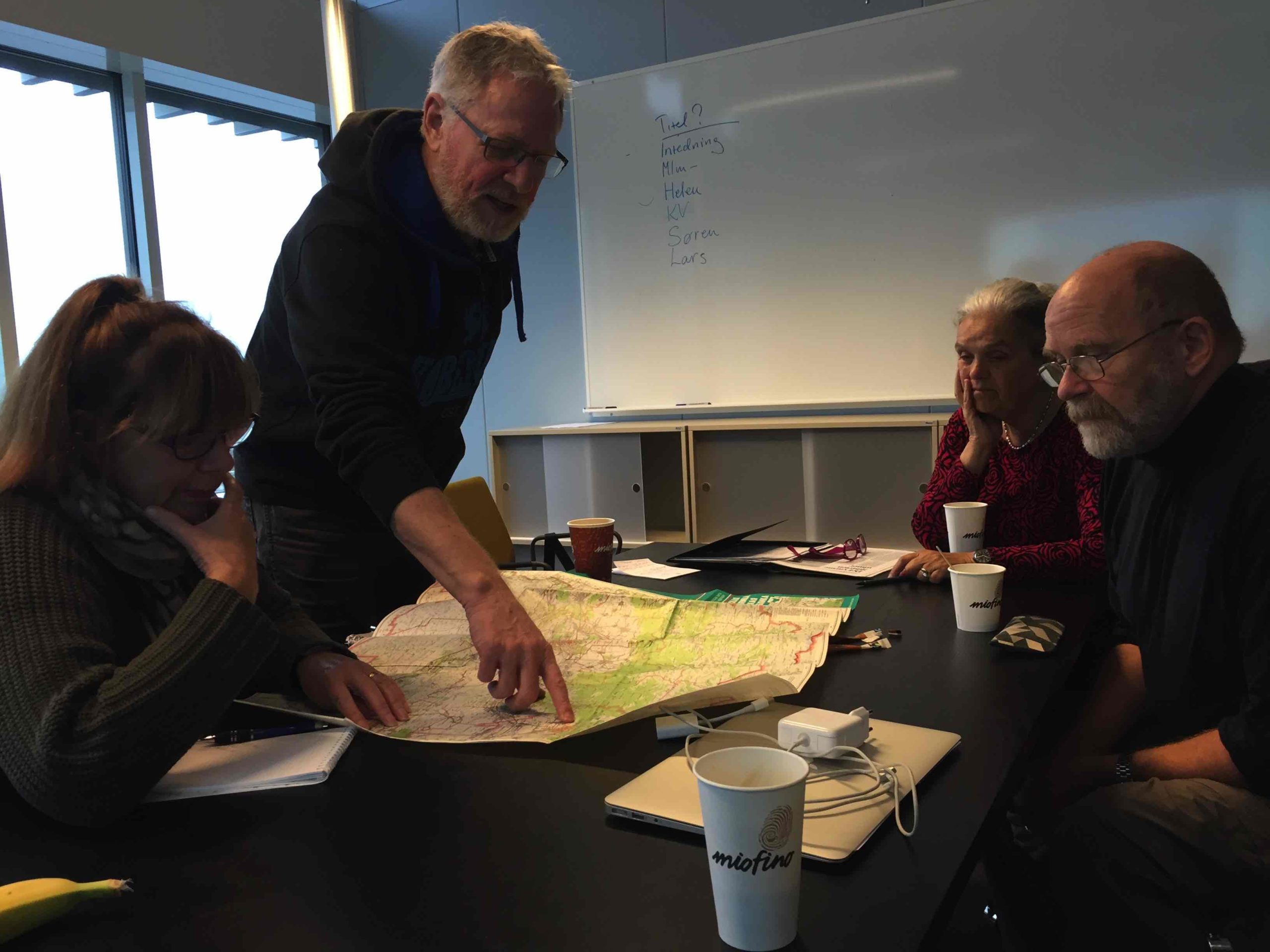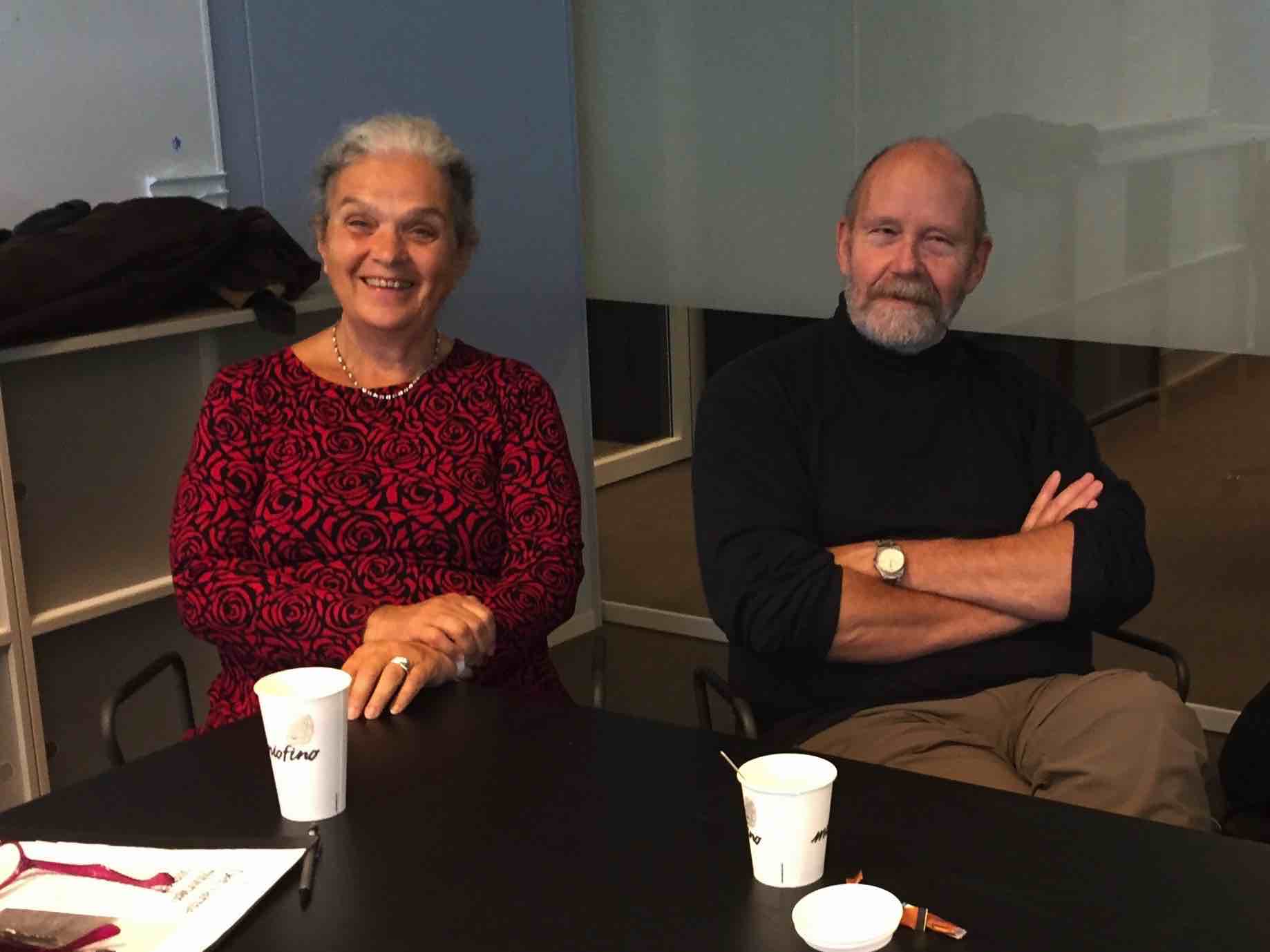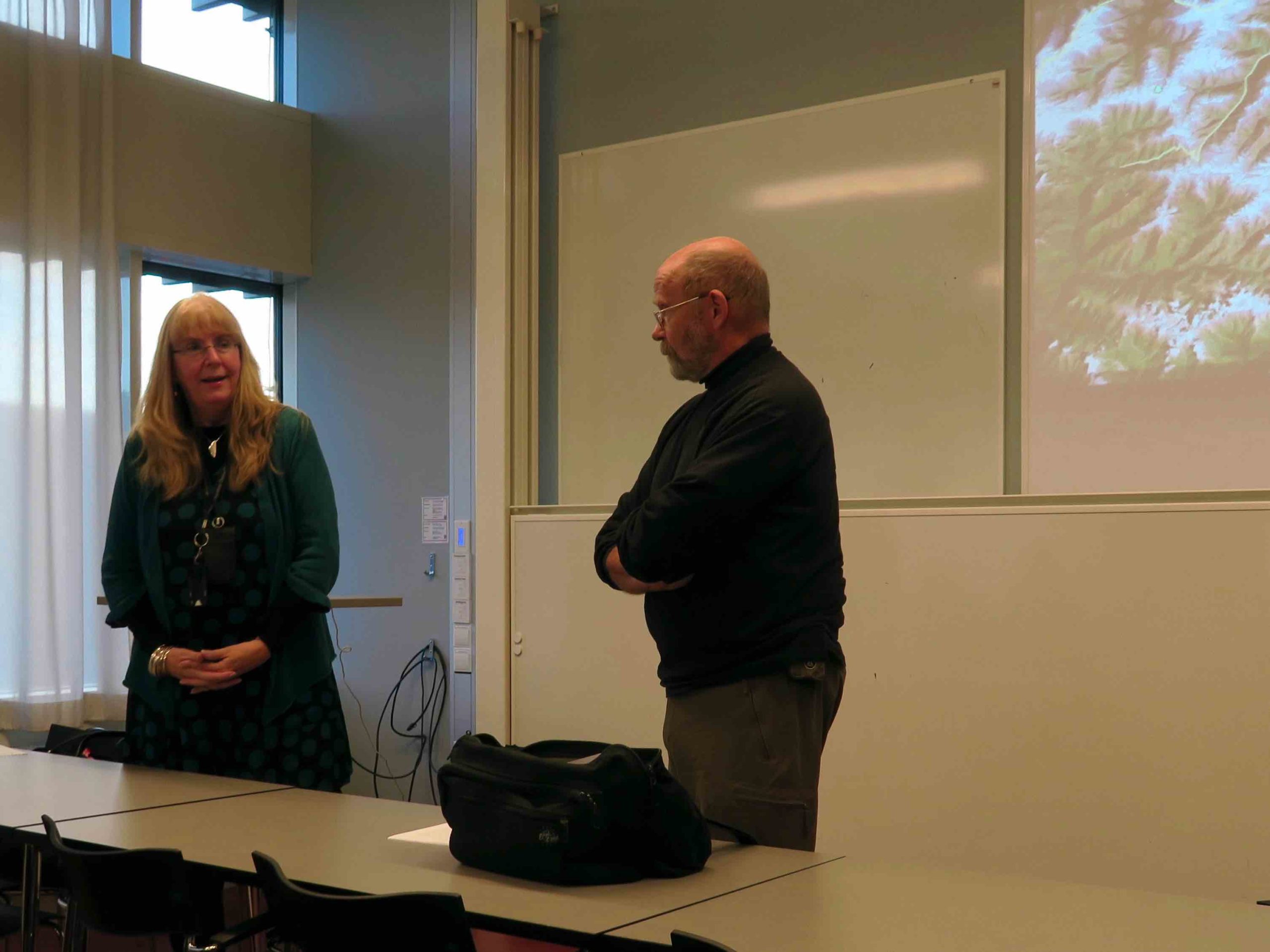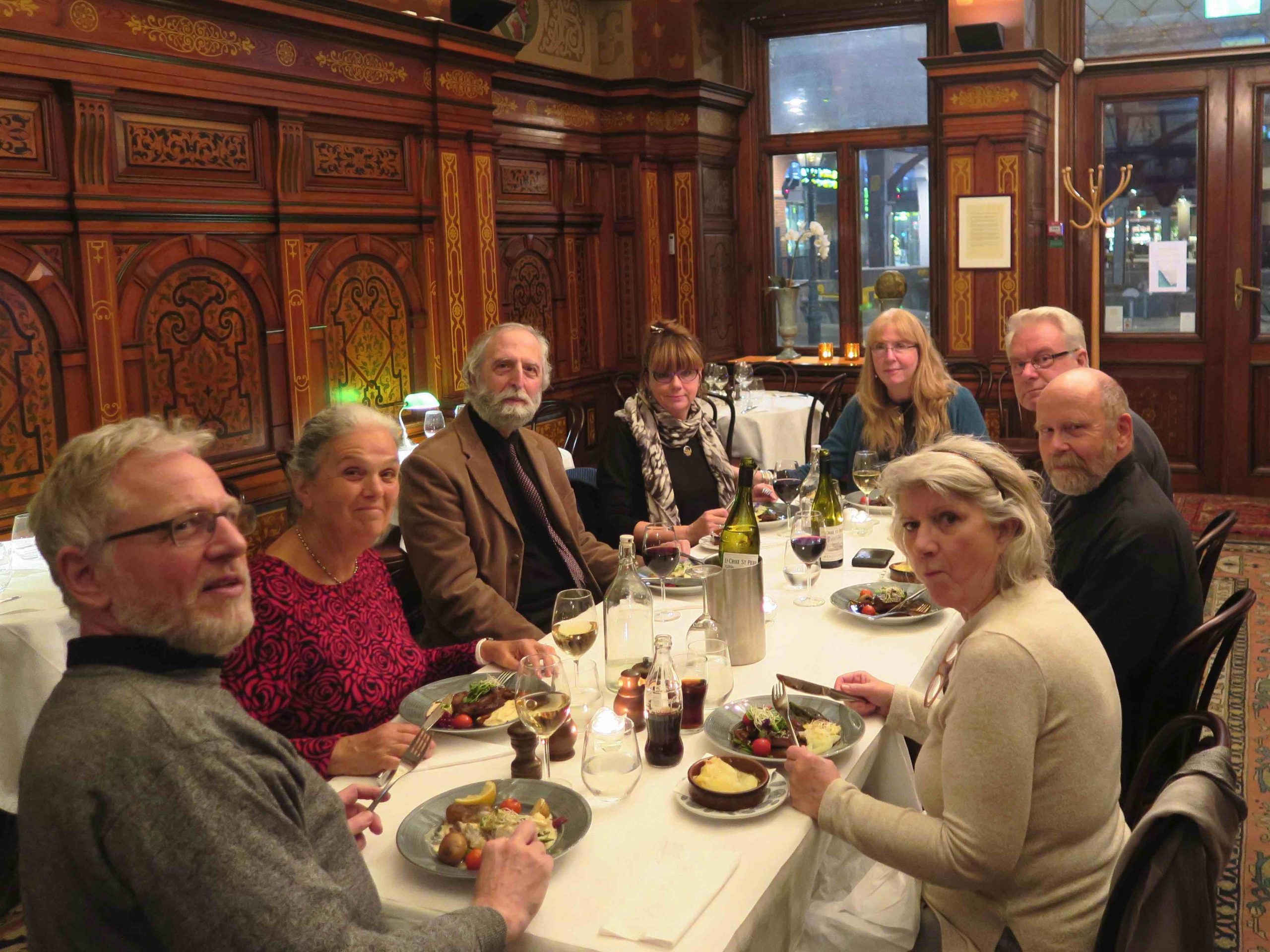[slideshow_deploy id=’364’]
Opening addresses
Prof. Kerstin Tham, Vice-Chancellor of Malmö University.
Ambassador Ingrid Tersman, Swedish Ministry of Foreign Affairs, Chair of RUCARR Advisory Board.
RUCARR Co-directors, Prof. Bo Petersson and Prof. Karina Vamling
Keynote1 – Prof. Vladmir Gel’man (European University at Saint-Petersburg & University of Helsinki): Authoritarian Russia: Analyzing Post-Soviet Regime Changes.
Discussant: Dr. Carolina Vendil Pallin (Swedish Defence Research Agency, Stockholm)
Keynote 2 – Prof. Stephen Jones (Mount Holyoke College, Massachusetts): Can the South Caucasian States Break with their Past?
Discussant: Senior lecturer, Dr. Märta-Lisa Magnusson (Malmö University)
Roundtable discussion – Authoritarianisms Past and Present: What Prospects Ahead?
Prof. Vladmir Gel’man, Prof. Stephen Jones, Dr. Märta-Lisa Magnusson, Dr. Carolina Vendil Pallin, Dr. Jeremy Morris (Aarhus University), Dr. Derek Hutcheson (Malmö University) and others. Moderator is Dr. Katrine Gotfredsen (Malmö University).









 The programme includes a number of different types of scholarships (both to and from Sweden) for students, researchers and experts and targets the following countries: Armenia, Azerbaijan, Belarus, Georgia, Moldova, Russia, and Ukraine.
The programme includes a number of different types of scholarships (both to and from Sweden) for students, researchers and experts and targets the following countries: Armenia, Azerbaijan, Belarus, Georgia, Moldova, Russia, and Ukraine.